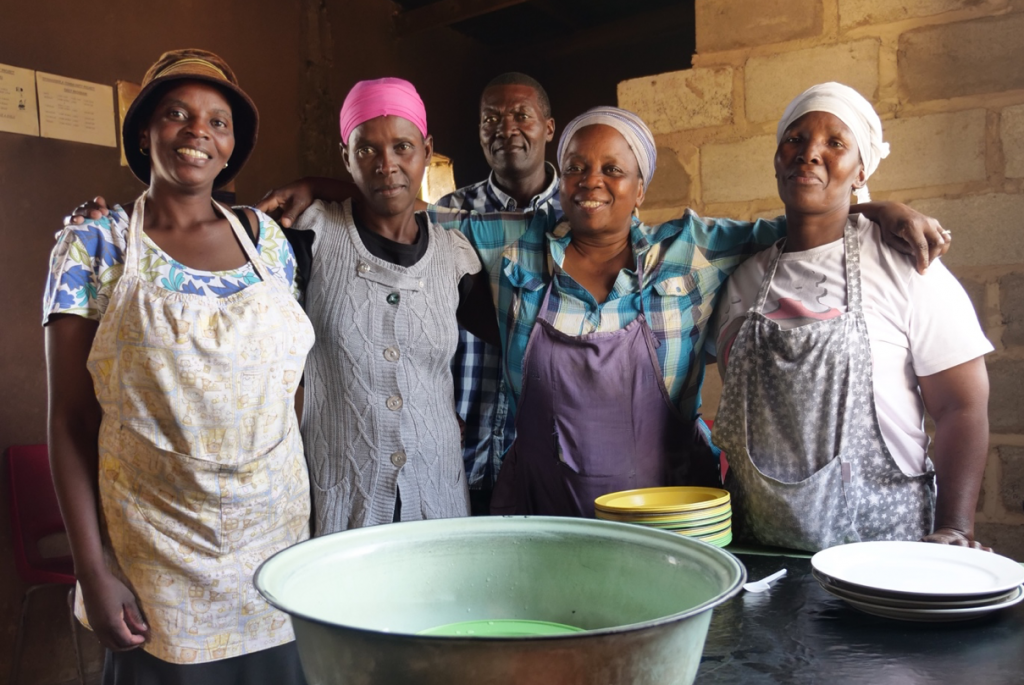Every 9th August, South Africans celebrate Women’s Day. We’ve even been given the whole month of August as Women’s Month.
When I think of women’s month, I think of the array of events organized by government and civil society in the name of women. I don’t think of any real change or impact on the lives of the most marginalised women and gender non-conforming people in the country. I hear a lot of words, which are not backed by enough action.
South Africa commemorates Women’s Day as a tribute to the more than 20,000 South African women of all races who marched on the Union Buildings on the 9th of August in 1956 to protest the so called “Pass Laws”. The struggle for women’s rights has continued since then.
South Africa has made some strides, with advances in the areas of women’s political participation and access to education in particular. Following the May elections, President Ramaphosa appointed 50% women ministers and 42% women deputy ministers to Cabinet. Girls make up 50% of those enrolled in primary education and surpass boys at secondary (59%) and tertiary (52%) level. These are commendable achievements – ones that we should be proud of.
But women’s bodies remain at the forefront of the fight for gender equality and human rights for all. Sexual and gender-based violence and sexual reproductive rights continue to be the biggest challenges for women in realising their rights to autonomy and bodily integrity. Femicide is five times higher in South Africa than the global average and has increased by 11% over the last two years. In 2017, 39,633 rapes and 6,253 sexual assaults were reported.
So last year on 1 August 2018, 62 years after the historic 1956 march, thousands of women took to the streets across all provinces to denounce the extremely high levels of violence against women and gender non-conforming people, as part of The Total Shutdown campaign. The marchers handed over their memorandum of demands to President Cyril Ramaphosa at the Union Buildings. He then called for a National Summit against Gender Based Violence and Femicide that took place from 1-2 November 2018, which resulted in a Presidential Summit Declaration against Gender-based Violence and Femicide. But do we need another document that highlights the problems and solutions, but is not implemented?
It’s been a year since the march, and what has changed? Women continue to be harassed, raped and murdered at alarming rates. What good is a month every year to talk about women and their rights when they are forgotten for the other 11 months of the year? This women’s month we should celebrate the gains in the struggle for women’s rights over the last 62 years. Let’s be clear though, we need government to turn words into action so that we see actual change for the most marginalised women in South Africa all year round.


